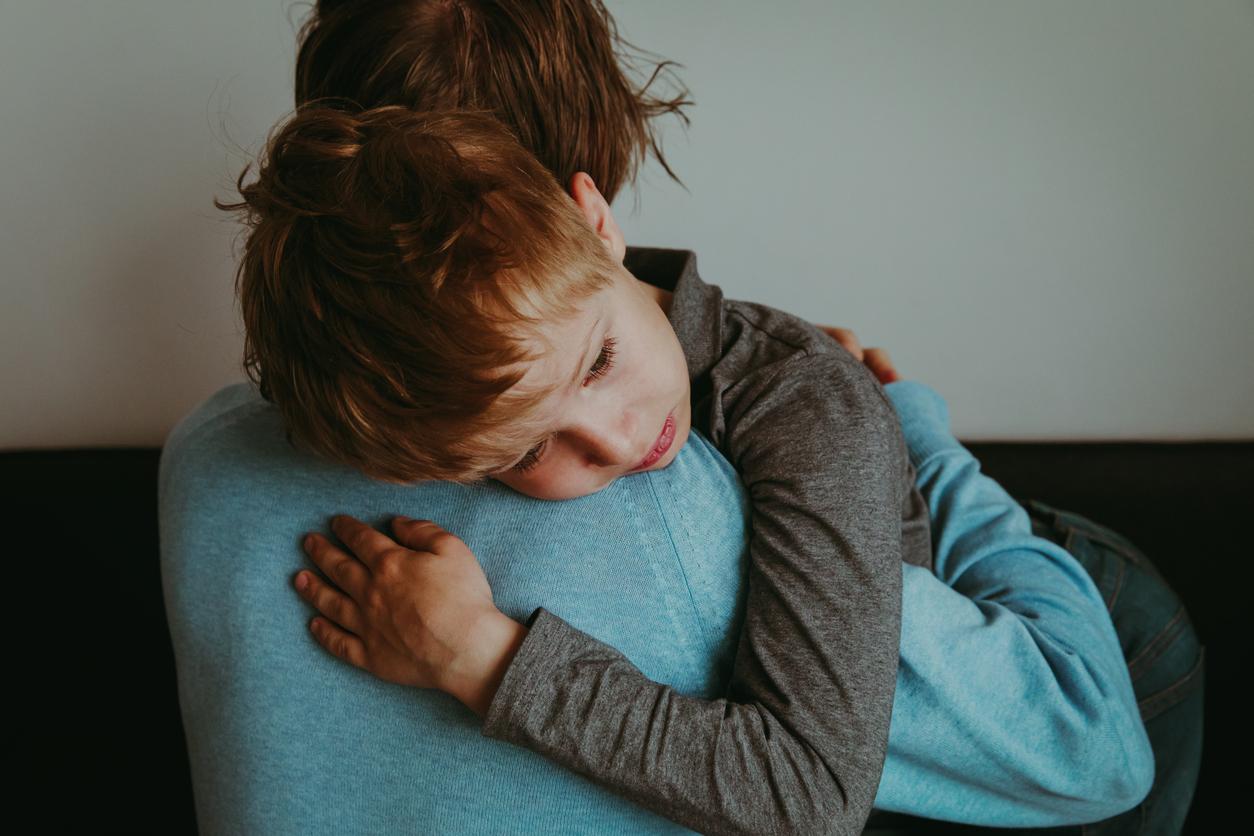Adapting to a new culture is not easy for children. Psychiatrist Dr Claire Lewandowski gives you the keys to help her overcome the move and above all, this expatriation.

- It is necessary to take the time to explain with simple and understandable words for the age of the child what will happen.
- Whatever the stages of preparation, the child must maintain part of his routine to feel sufficiently secure.
Children need to feel safe in their environment to grow and evolve. Moving to another country, whatever the reasons, can be a challenge for them, so parents have a fundamental role in helping them.
Moving to another country: promoting communication
It can sometimes be difficult for an adult to explain to his child why he has to move abroad, yet communicating remains the best way for him to understand and be able to participate in the stages of the process and make his future more predictable.
To do this, take the time to explain in simple and understandable words for his age what will happen, show him photos and the location on a map and answer these questions as honestly as possible.
Expatriation: maintaining a routine to give a sense of security
Whatever the stages of preparation, the child must maintain part of his routine to feel sufficiently secure. Whether it’s bedtimes or wake-up times, activities like gambling, or meals, knowing what’s going to happen helps reduce anxiety.
Finally, whether he shows sadness, anger or even anxiety, do not hesitate to recognize the emotional state he is going through by letting him express it and by listening attentively to his needs.
Find out more: “Ulysses, little expat” by Mathilde Paterson and Laetitia Zink.














